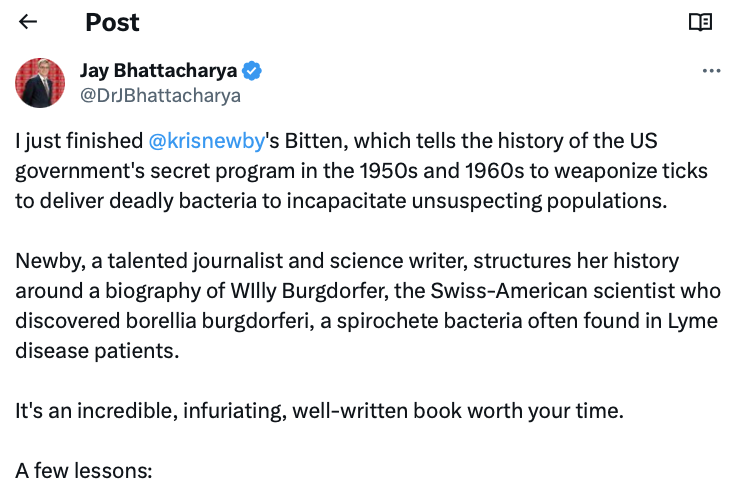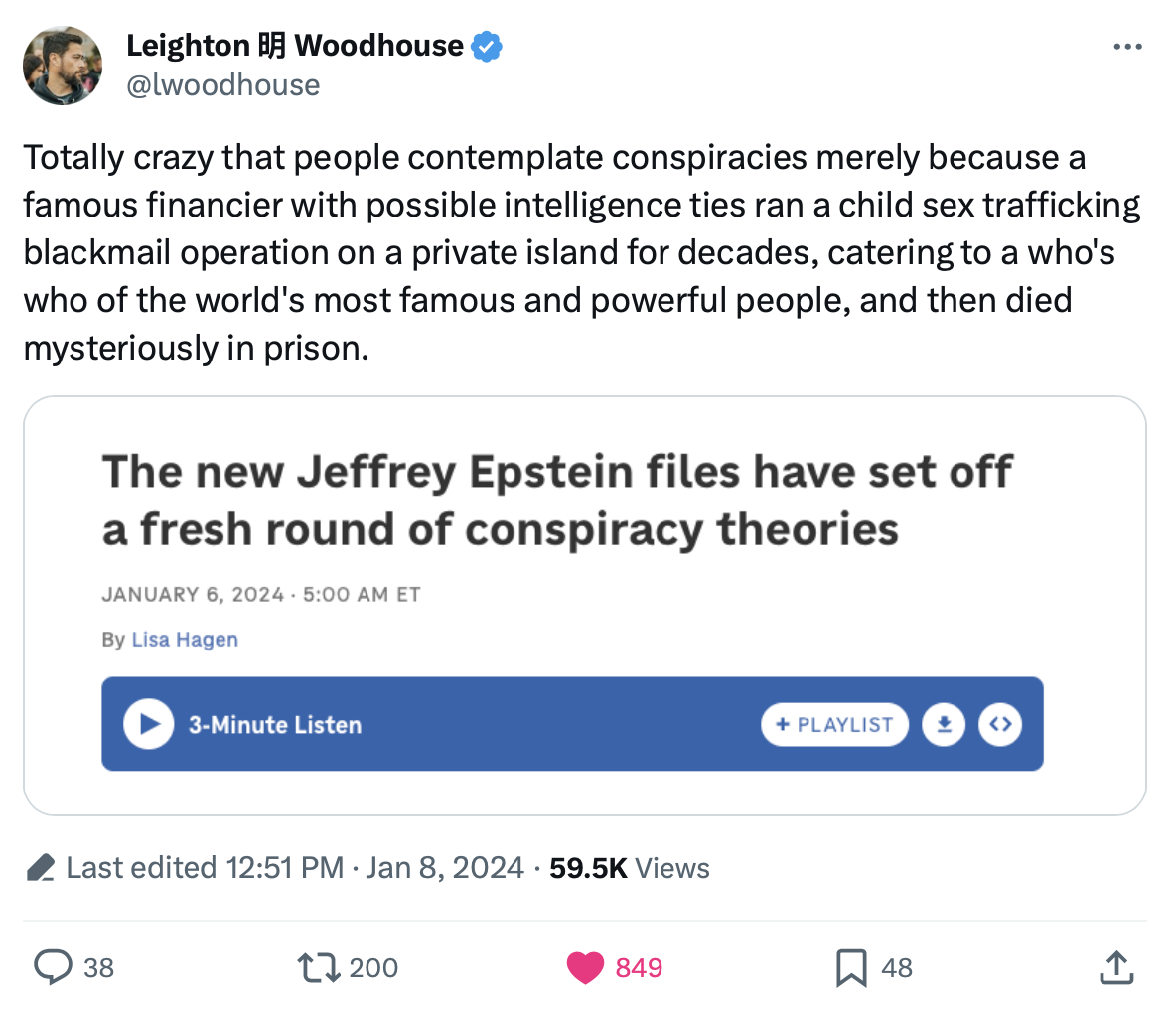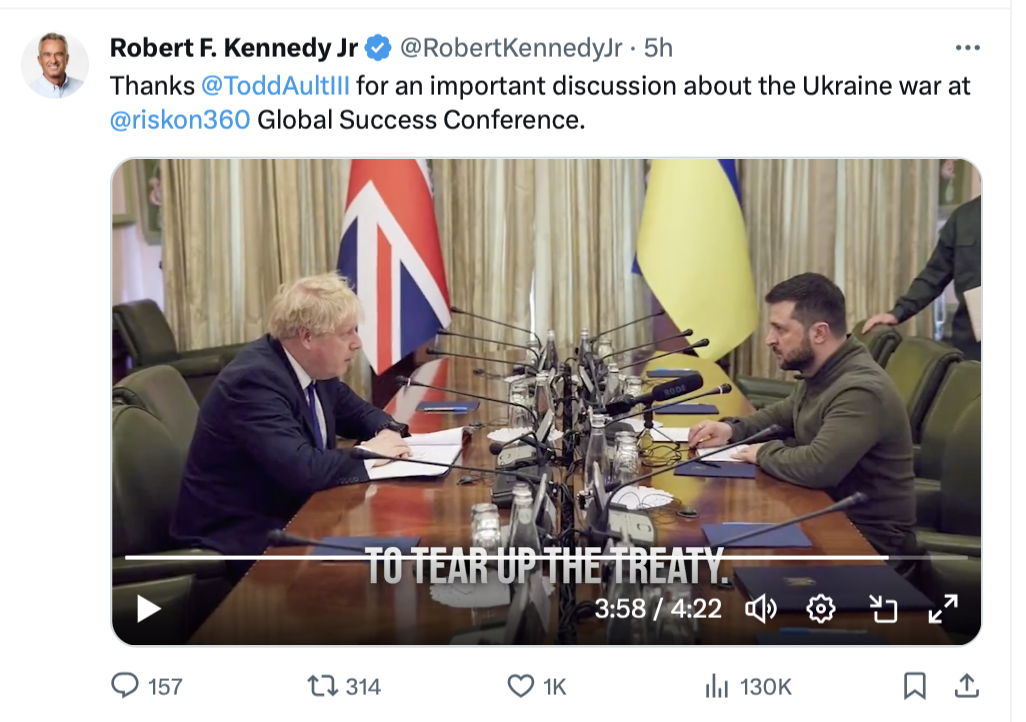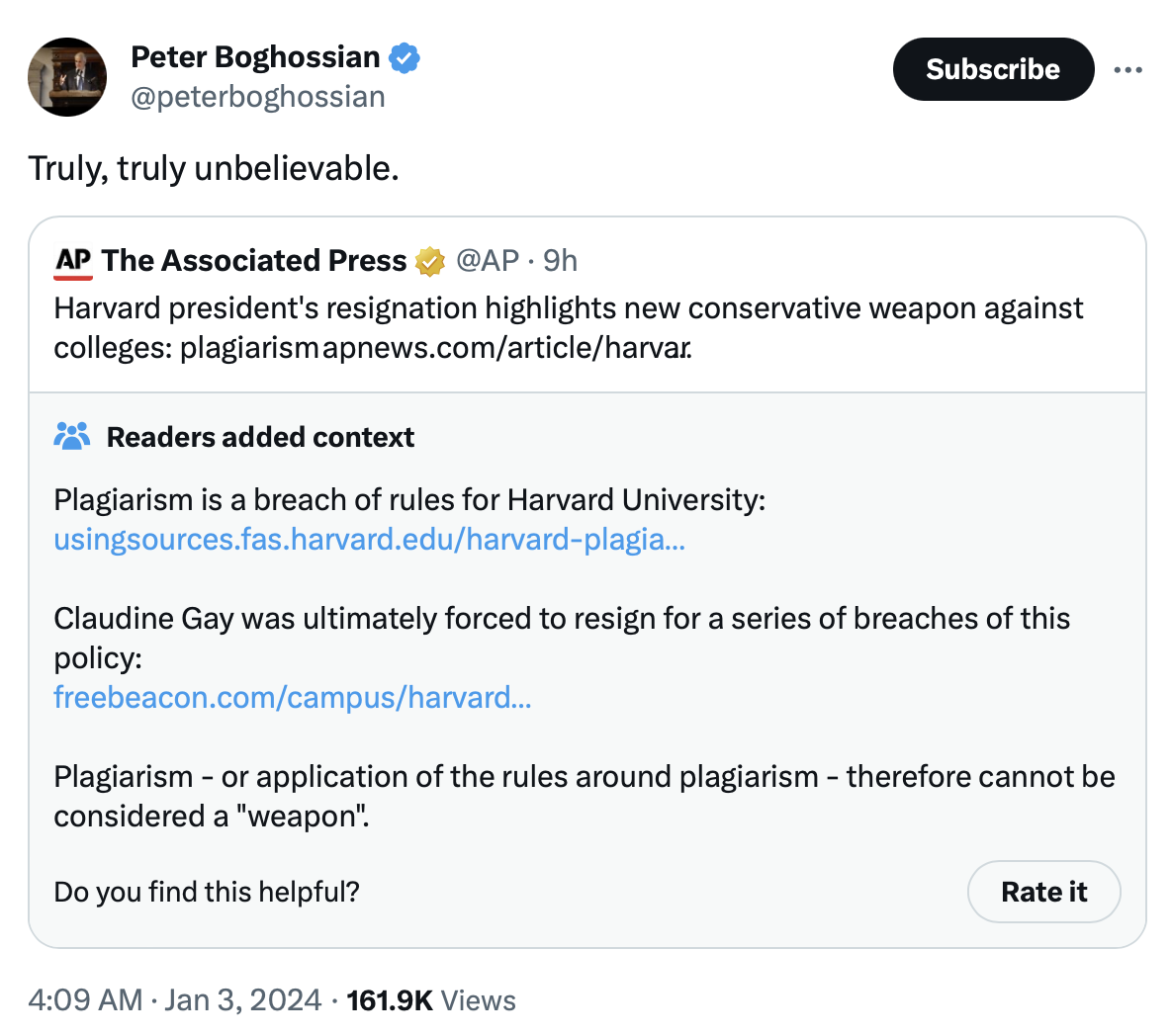As with many disturbing things these days, I don't know how to proceed. Once again, it is being creditably suggested that our government engaged in reckless or intentional wrongdoing. This latest concern about Lyme disease is being reported on X by Dr. Jay Bhattacharya (professor of medicine, economics, and health research policy at Stanford University), based on Bitten: The Secret history of Lyme disease and Biological Weapons, a 2020 book by Kris Newby.
This latest concern merely deepens my already deep suspicions about the conduct and intentions of the U.S. government, especially given the fact that the U.S. government, in coordination with the corporate media, has been caught red-handed engaging in pervasive dishonest narrative control regarding many topics, including public health. For a deep dive on the evidence that the United States has been illegally and pervasively censoring its own citizens through illegal "jawboning," see this 2023 opinion in the case of Missouri v Biden, by the Fifth Circuit Court of Appeals.

Excerpt from Bhattacharya's Tweet:
I just finished @krisnewby's Bitten, which tells the history of the US government's secret program in the 1950s and 1960s to weaponize ticks to deliver deadly bacteria to incapacitate unsuspecting populations.
Newby, a talented journalist and science writer, structures her history around a biography of WIlly Burgdorfer, the Swiss-American scientist who discovered borellia burgdorferi, a spirochete bacteria often found in Lyme disease patients.
It's an incredible, infuriating, well-written book worth your time.
A few lessons:
1. The mid-20th century US biomedical research establishment was psychopathic, whole-heartedly embracing reckless, deadly investigations in the name of developing vaccines and bioweapons.
2. It is possible (& perhaps likely, though not proven) that the emergence and spread of Lyme disease may have been caused by this research program, which included large open-air testing of intentionally infected ticks on US soil.
3. The bioweapons program used combinations of viruses and bacteria infecting the same tick to hide the body's immune response to infection from detection by standard medical tests. . . .





